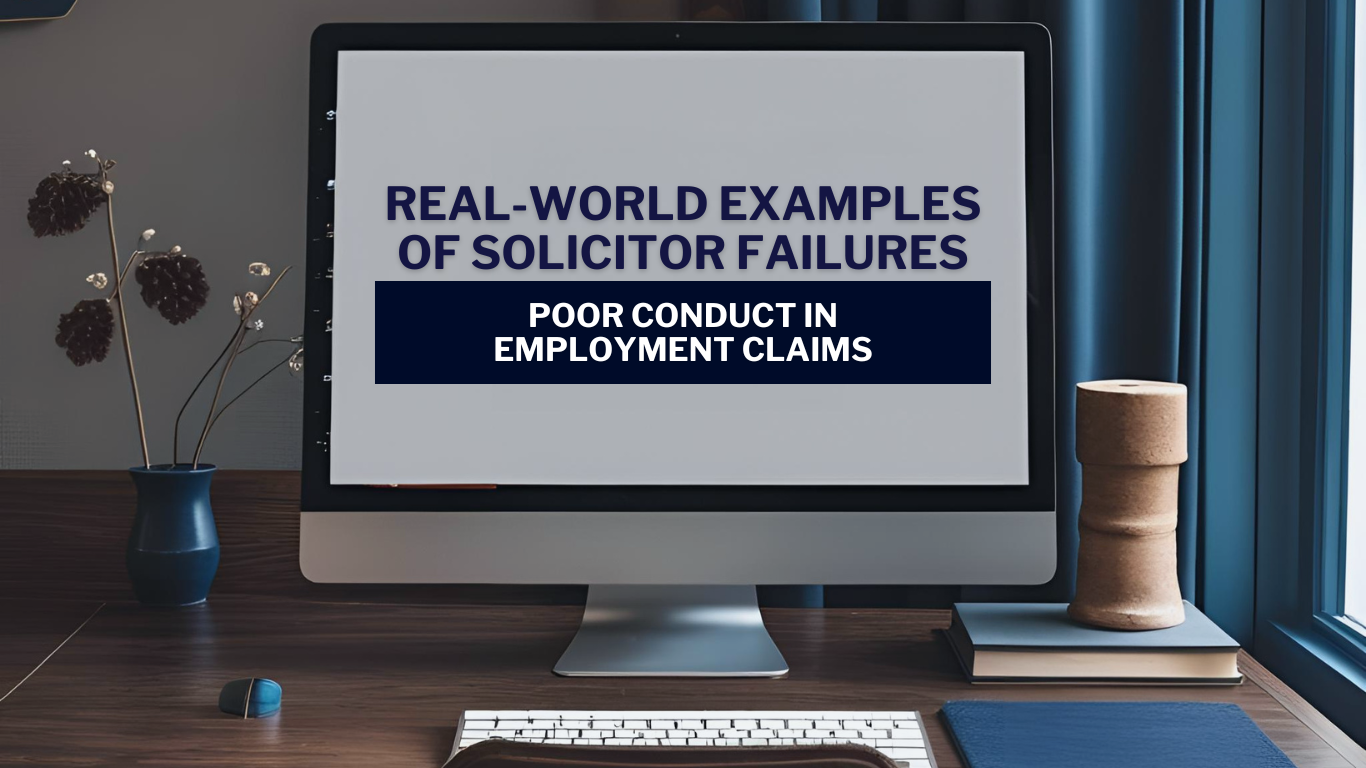By
•
min read


Under proposed changes, from 6 April 2026, the availability of 100% Business Property Relief (BPR) from Inheritance Tax (IHT) will be limited to £1m. A 50% rate of relief will apply to BPR assets over the new £1m threshold, creating an effective rate of 20% IHT against the value of assets above the threshold. Business owners should take note and plan for the changes.
What is BPR?
BPR in its current form is a valuable relief from IHT, first introduced to allow businesses to be passed down the generations, without breaking up the business to pay IHT charges.
Under the current rules, 100% relief from IHT is available on a business or interest in a business, and on shares in an unlisted company, subject to satisfying the following conditions:
How Might the Changes Impact Me and My Family?
Consider the example of James:
James owns shares in his family business worth £5m. The shares currently qualify for BPR in full and he can leave the shares to his children on his passing without any IHT being due.
From 6 April 2026 only the first £1m worth of the shares will receive 100% BPR. The remaining £4m receive BPR at a rate of 50% (creating an effective rate of IHT of 20%), resulting in an IHT liability of £800,000 on James’ passing.
What Should I do?
The announced changes are not yet law. We expect to receive further guidance from the government in early 2025.
Anyone potentially affected by the changes should now:
Forward planning is key. Companies with multiple shareholders or individuals looking to transfer shares to their spouse or other family members should satisfy themselves that mechanisms are put in place to protect, to the extent possible, generational wealth. At the same time co-business owners need to think through how such mechanisms may impact on each other in the future.
Head of Corporate & Commercial, Karen Lord, emphasises,
“Shareholders who are in business with others must also consider the personal estate planning of their business partners. If a fellow shareholder passes away and their shares are inherited by family members you never intended to go into business with – perhaps they lack the same drive, ambition, motivations or business acumen as your existing partners – what impact could this have on your company’s future? At the very least, it’s crucial to discuss inheritance plans with your fellow shareholders and to review your existing shareholders’ agreement and articles of association to understand how the provisions around share transfers work and to ensure shares are transferred in a way that aligns with your company’s long-term vision.”
To speak to Will Mumford about your business or family legacy, contact him today.
Get in touch